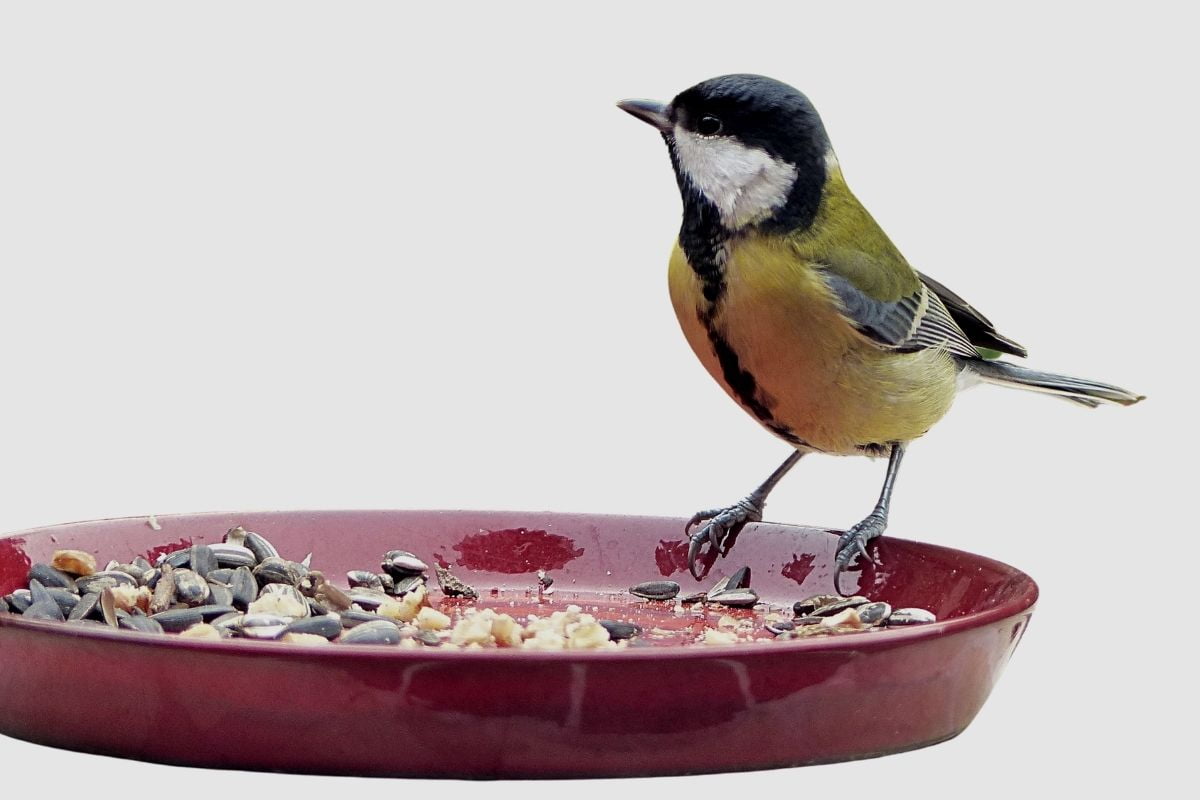Bird seed plays a crucial role in supporting bird populations, particularly when natural food sources are scarce. Feeding birds can be a rewarding pastime, but it is important to practice responsible bird feeding to ensure the well-being of our feathered friends.
In this article, we will explore various aspects of bird seed and bird feeding, covering everything from the dietary preferences of different bird species to effective pest control methods.
Bird Species and Their Dietary Preferences
Understanding the dietary preferences of different bird species is essential when selecting the appropriate bird seed. Here is a brief overview of some common species and their preferred seeds:
- Finches: Sunflower seeds, nyjer seeds
- Sparrows: Millet, sunflower seeds
- Cardinals: Sunflower seeds, safflower seeds
- Chickadees: Sunflower seeds, peanuts
To attract and support local species, it is important to research and adapt your bird seed selection to the birds found in your region.
Types of Bird Seeds
A variety of seeds are commonly used in bird seed mixes to cater to diverse bird species. Some common types of bird seeds include:
- Sunflower seeds: Rich in protein and fat, suitable for many birds
- Millet: Small and easily digestible, preferred by ground-feeding birds
- Safflower: High in protein and fat, favored by cardinals and grosbeaks
- Nyjer (thistle): Nutrient-dense, especially attractive to finches
- Peanuts: High in protein and fat, loved by chickadees and woodpeckers
Customizing seed mixes to attract specific birds can enhance your bird-feeding experience.
Bird Feeders
Bird feeders come in various designs and styles, each suited to different bird species and seed types. Some common types of bird feeders include:
- Tube feeders: Ideal for small seeds like nyjer and sunflower, favored by finches and chickadees
- Platform feeders: Suitable for ground-feeding birds, such as sparrows and doves
- Hopper feeders: Hold larger quantities of seed and attract a wide range of birds, including cardinals
- Suet feeders: Designed to hold suet cakes, attracting woodpeckers and other insect-eating birds
Consider factors like seed type, bird species, and feeder placement when selecting the perfect bird feeder.
Responsible Bird Feeding Practices
To feed birds responsibly, it is important to follow proper feeding techniques. Some key practices include:
- Offering a variety of seeds to cater to diverse dietary needs
- Cleaning feeders regularly to prevent mold and disease
- Avoiding overcrowding by providing multiple feeding stations
- Adjusting feeding frequency based on the season and natural food availability
By practicing responsible bird feeding, we can minimize the risk of disease transmission and help support wild bird populations.
Birdwatching and Bird Feeding
Bird feeding can be a great way to attract specific species for birdwatching. However, it is important to consider the ethical implications and ensure that your actions do not disrupt their natural behaviors or put them at risk. Birdwatching can also contribute to wildlife conservation by raising awareness and fostering a deeper connection with nature.
Wildlife Conservation and Bird Feeding
Bird feeding can have both positive and negative impacts on local ecosystems. While providing supplemental food can support bird populations during harsh conditions, excessive feeding can lead to an overreliance on human-provided food sources. Integrating bird feeding with habitat restoration efforts, such as planting native plants and providing nest boxes, can help create a more balanced approach to supporting bird populations.
Ornithology and Bird Seed Research
Recent ornithology research has provided valuable insights into bird diets and foraging behavior. Studies have been conducted to understand the effects of bird seed on wild bird populations and the long-term sustainability of various feeding strategies. This research helps in developing effective bird-feeding practices that support wild birds.
Aviculture and Bird Nutrition
Captive birds often rely on seed-based diets to meet their nutritional needs. Understanding the nutrient content of various bird seeds can help provide captive birds with appropriate nutrition. It is also important to supplement seed-based diets with other food sources, such as fresh fruits and vegetables, to ensure complete nutrition.
Pest Control and Bird Feeding
Bird feeders can attract not only birds but also squirrels and rodents. To protect your bird feeder from pests, consider using squirrel-proof feeders or other deterrents such as cayenne pepper or motion-activated sprinklers. Implementing non-lethal pest control methods is essential for protecting both birds and other wildlife.
Conclusion
Practicing responsible bird feeding is crucial for sustaining healthy bird populations and preserving biodiversity in our local ecosystems. By selecting an appropriate variety of bird seeds, understanding species’ dietary preferences, and taking proper precautions against disease transmission and pest infestations, we can ensure that our feathered friends are getting the nutrition they need while fostering a deeper connection with nature.
